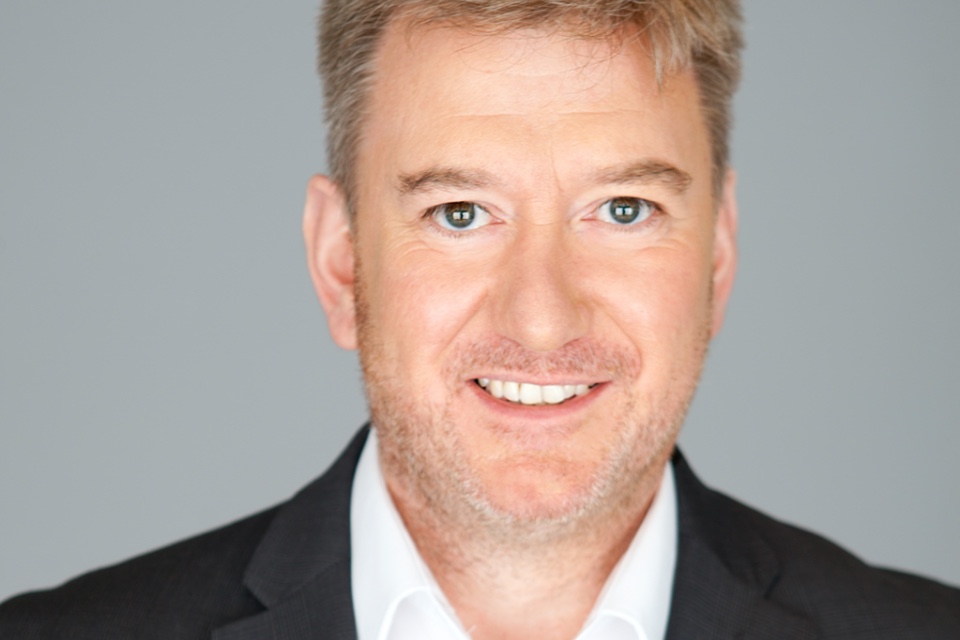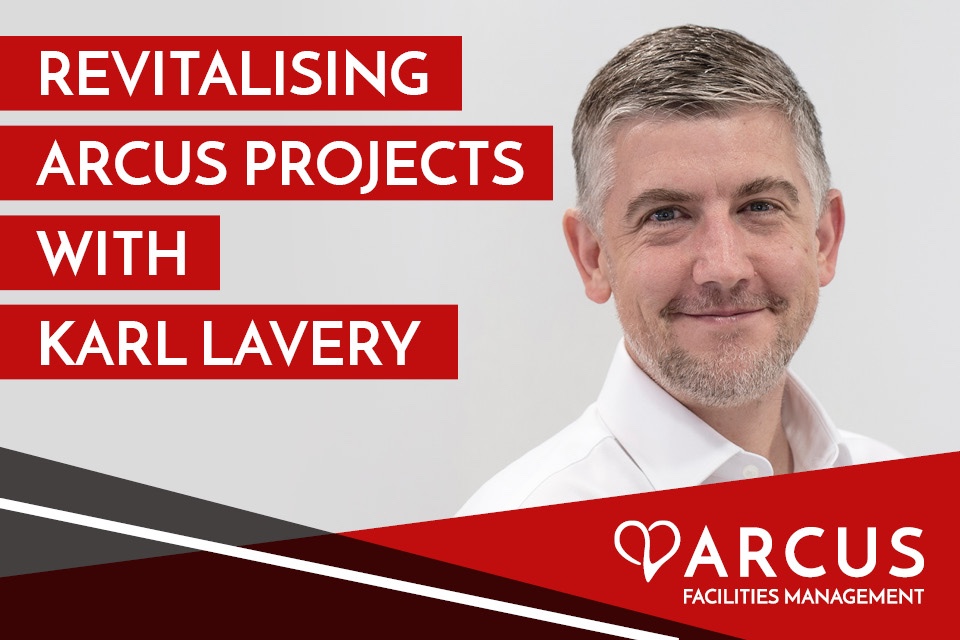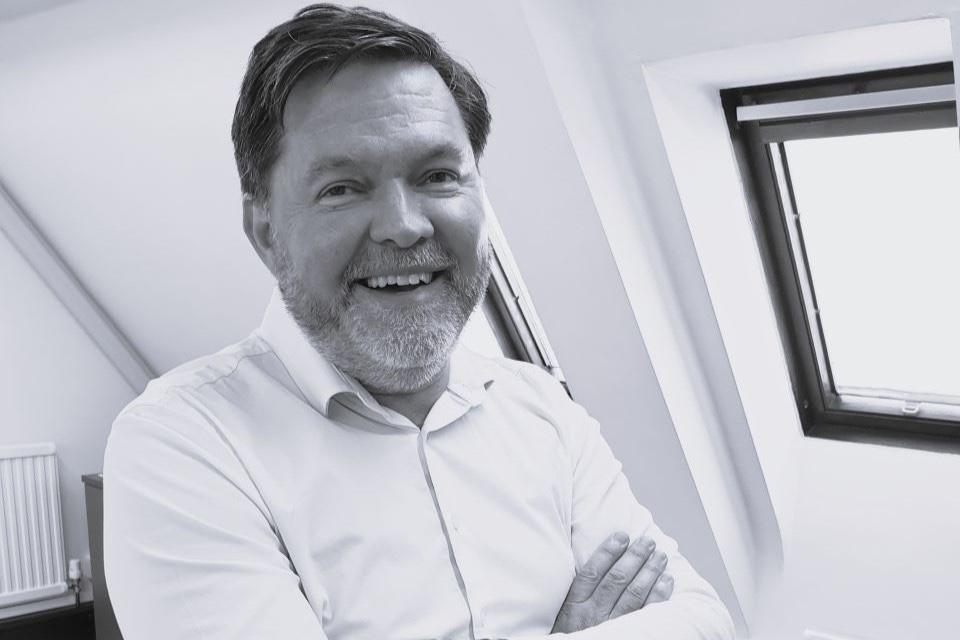In the latest instalment of our FM executive interview series, we spoke to Paul Dodds, Country Manager UK & Ireland at Genetec, about the company, industry opportunities, the challenges posed by COVID-19, de-centralised working practices and Newcastle United…
Tell us about your company, products and services.
Genetec is a forward-thinking technology company that improves security and operations by ensuring facility managers can manage all of their IP security systems from one, intuitive interface. By unifying the likes of access control, video surveillance, intrusion detection and analytics, we help users to gain a better understanding of what is happening inside their facility, thereby ensuring operators can respond faster, more effectively and with greater confidence.
We are open-platform which means our customers aren’t restricted in their hardware choices. They can select the cameras, door readers and a myriad of other sensors based solely on what best meets their budget and requirements.
What have been the biggest challenges the FM industry has faced over the past 12 months?
Undoubtedly it is Covid-19 which nobody could have comprehensively planned for back in 2019. All of a sudden, the FM industry has been tasked with introducing and enforcing the new hygiene protocols, physical distancing requirements and strict occupancy limits that allow for workplaces to be safely re-opened.
Digital technologies were already shifting the needs and expectations of an organisation’s physical premises. but the changes now required are on a scale not seen before. It will require a lot of time, effort and access to the right technology to make these adaptations.
And what have been the biggest opportunities?
We now have a window of opportunity in which the wider business fully understands the need to completely overhaul premises and the way they are managed. So now is the time when additional budget may just be available to push through projects that ensure facilities can operate safely and securely.
The FM industry shouldn’t pass up this opportunity to look at options that both address the immediate post-lockdown challenges and that provide a clear upgrade path to anticipate and respond to future requirements. For example, can we centralise security operations to monitor all of our sites from one location? Can we reduce training costs by enabling operators to manage all systems through one intuitive interface? And can we use our system beyond security to give us a better understanding of how the space is being used?
What is the biggest priority for the FM industry in 2020?
The single greatest priority has to be ensuring facilities can safely re-open and function, so that employees are confident in returning to the workplace. We need to use all the technologies at our disposal to get facilities back up and running and to ensure that any incidents have minimal on-going impact on day-to-day operations. For example, should an employee test positive for Covid-19, the ability to quickly identify where in facility they have been and who they are likely to have come into contact with could be critical in preventing one isolated case from becoming a disruptive localised outbreak.
What are the main trends you are expecting to see in the market in 2020?
I expect many companies will rethink their real estate requirements. For example, Barclays’ CEO has already said putting 7,000 employees into a large central headquarters may be a thing of the past. It’s likely that larger companies will move towards a more decentralised approach that sees employees combining working from home with visiting many different smaller sites. This will change the way security and operations must be managed.
The unification of video, access control and intrusion detection is another trend I expect to continue in 2020 and beyond. People are growing increasingly frustrated with isolated systems that are inefficient to manage and which provide an incomplete understanding of what his happening inside the facility.
What technology is going to have the biggest impact on the market this year?
In the circumstances I expect access control and video analytics will have a strong year as they can simplify many of the new measures currently being put into place. For example, people counting software is a great way of warning when occupancy limits are close to being breached so that guards can take action before it is too late. Equally, access control can alert cleaning staff when a room needs to be sanitised and automate record-keeping of exactly who was on-site at any one time.
In 2022 we’ll all be talking about…?
Within FM circles I’d like to think we’ll be celebrating the long-term benefits of the new technologies we’ve introduced to meet the demands of the modern workforce. I hope cybersecurity and privacy will also be much more front of mind. Right now many organisations are rushing to deploy solutions such as thermal scanning and video analytics to address their immediate operational challenges. Both technologies have their place and can be introduced in a manner that doesn’t put the organisation at greater risk or unduly impinge on the privacy rights of visitors and employees. In time I think we’ll see users grow less accepting of technology deployments that didn’t consider cybersecurity or privacy at the outset of their deployment.
Outside of work, I hope we’ll all be talking about the resurgence of Newcastle United in the style of Leicester City back in 2016!
You go to the bar at the Facilities Management Summit – what’s your tipple of choice?
Probably a crisp lager but right now I’ll take anything wet if it’s an opportunity to meet with my peers face-to-face.
What’s the most exciting thing about your job?
Without hesitation it is speaking to partners and end users about the specific challenges they face so I can come back to them with a solution that will best meet their needs. In this regard I’m very lucky to work for Genetec for two reasons. Firstly, as we’re open platform I can be technology and vendor-agnostic, choosing hardware solely on whether it is fit-for-purpose and answers their requirements. Secondly, I’m backed up by a talented team of developers who quickly predict and respond to customer needs. For example, recently – at the request of our customers – quickly developing a contagion reporting capability and an access control application for the distribution of personal protective equipment.
And what’s the most challenging?
In the current climate it is frustrating to see some organisations rushing towards specific technologies without a thorough understanding of their effectiveness, suitability for the task and where they’ll fit into wider operations.
A good example is thermal cameras which are often being purchased with proper scrutiny, leaving people susceptible to dishonest marketing claims. In many cases it is technology in search of a problem. Whereas we prefer the approach of starting with the challenge the business needs to solve and only then selecting the technologies that can help.









